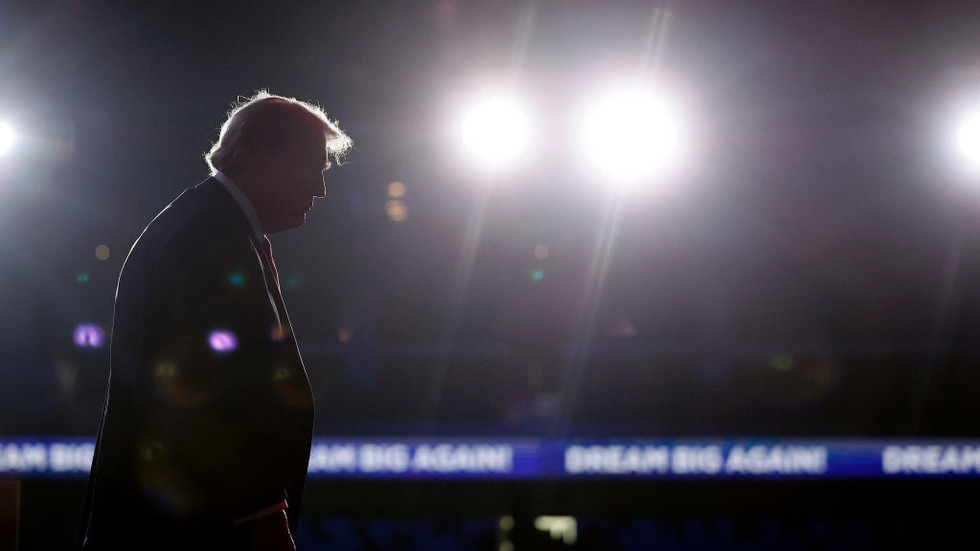The transition team for President-elect Donald Trump is planning a significant shift in U.S. international health policy by announcing a withdrawal from the World Health Organization (WHO) on January 20, 2021, which coincides with the newly elected president’s inauguration day. Reportedly, the team aims to make this move as a symbolic gesture, effectively reversing the actions of President Joe Biden, who reinstated U.S. engagement with the UN health agency shortly after taking office. Internal discussions within the transition team reveal a split in opinion, with some members advocating for reforms within the WHO rather than a complete severance. However, a more dominant faction is pushing for withdrawal, suggesting that it has gained the upper hand in this strategic decision.
One of the primary motivations behind this proposed withdrawal stems from criticisms directed at the WHO’s handling of the coronavirus pandemic during 2020. Under Trump’s administration, the WHO faced accusations of succumbing to the influence of China, particularly in relation to the information shared about the virus’s origins and spread. The Trump team expressed intent to redirect U.S. funding, which had previously supported the WHO, toward other global health initiatives. Health experts have voiced concerns that such a withdrawal would create a significant gap in global health financing and leadership, fearing that America’s retreat could result in detrimental consequences for international public health.
The potential decision to withdraw poses operational and financial implications for the WHO since the U.S. has historically been one of the largest contributors to the organization, both through mandatory dues and voluntary contributions. As it stands, the U.S. ranks as the second-largest donor among member nations. Notably, any formal withdrawal process requires compliance with a 1948 Congressional resolution which mandates a one-year notice period and the settlement of any outstanding financial obligations. Therefore, while the transition team is eager to make a swift announcement on inauguration day, the legal and procedural nuances involved could complicate the process of disentangling U.S. involvement.
In conjunction with the discussions surrounding withdrawal from the WHO, President-elect Trump has nominated Robert F. Kennedy Jr., a long-time vaccine skeptic, for the post of Secretary of Health and Human Services (HHS). Kennedy has emerged as a prominent critic of measures implemented in response to the pandemic, including lockdowns and expedited vaccine development. His appointment, which awaits Senate approval, adds another layer of complexity to the new administration’s approach to health policy and international health relationships. Critics are watching closely, as Kennedy’s views contrast sharply with mainstream public health guidance.
As the situation unfolds, the effects of a potential U.S. withdrawal from the WHO could resonate beyond American borders. Experts warn that this decision could undermine collaborative global health efforts that are crucial in managing pandemics and responding to health crises. The U.S. has played an instrumental role in shaping global health frameworks, and a withdrawal could diminish its influence in international health discussions. Stakeholders within the health community emphasize the importance of maintaining presence and leadership in global health governance, advocating for reforms within the WHO rather than a complete break.
In conclusion, the impending announcement of a U.S. withdrawal from the WHO marks a pivotal moment for American health policy and international relations within the health sector. As the Trump administration seeks to distance itself from previous policies under Biden, the ramifications of this decision will likely impact not only U.S.-WHO relations but also the broader landscape of global public health strategy. With ongoing debates about health security, pandemic preparedness, and international cooperation, the new administration’s subsequent steps, particularly regarding the Senate’s review of Kennedy’s nomination, will play a crucial role in shaping the future of U.S. engagement in global health initiatives.

